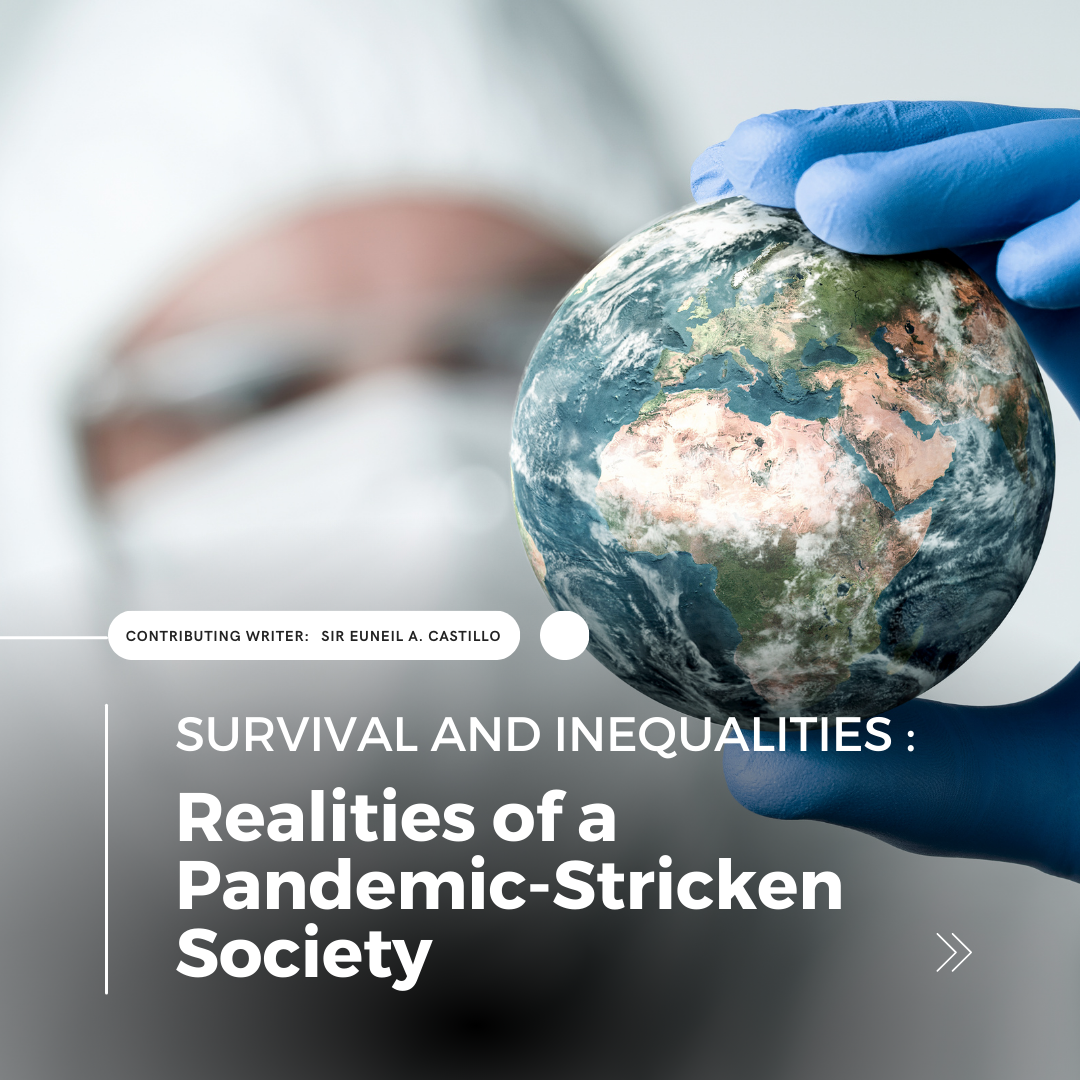MAY 27, 2023
“COVID 19 has intensified and exaggerated fault lines in contemporary societies revealing back to us our ways of dealing with inequality” – Julian Sefton-Green
UNESCO Futures of Education Ideas LAB
All the world’s gears were operating and trying to patch gaps for the smooth flow of knowledge, economic progression, rediscovering, and fine-tuning of the “now” with the anticipated future. Globalization, ASEAN integration, and 21st-century citizenship were some of the frequently shared topics for varied opinions across nations and cultures. And so the Corona Virus Disease seeped into nation after nation and finally infiltrated the globe as a pandemic shaping the “new normal” as the new style of living. All issues on globalization and progression were silenced emphasizing the most important means to exist – survival.
Restrictions and community guidelines narrowed observations making everyone involved in the real and felt situations. The majority shifted online – trade, education, interactions, and even relationships.
As the majority of businesses and employment were affected, the pandemic has brought more entrepreneurs as out of survival they discovered their potential and tapped hobbies that can be their means to at least a day’s meal. In a rural setting, where the spirit of sharing food among neighbors was commonly practiced, the scarcity of supply made some self-interested and cautious. Everyone relied on “ayuda”. In some parts of the Philippines, the barter system was re-utilized under its new platform – online exchange.
Other community issues occurred that affected the supply of food. African Swine Flu contributed greatly to indigence.
Eventually, the concept of a “community pantry” came into the picture. While the spirit of giving and “Bayanihan” was encouraged, it cannot deny the fact that most people exercised dependency on what they could get. I have seen former struggling retail sellers stop their productive initiatives and just patronize and monitor the opening schedules of various community pantry outlets.
The former issues on human development as contributors to globalization became dependency issues. And as the COVID statistics rise, worse things can be expected. This pandemic poses challenges including our set of Filipino values and principles. Now is a call to “support economic and racial integration in neighborhoods and schools”. Haas Institute presented that “areas that are less segregated by race and class correlate with increased economic mobility”.
Election 2022 is just around the bend. Amid the survival goal during the pandemic, will the negative issues on elections such as corruption and vote buying continue to compromise our values and principles?
Or this disproportionate society will stand for justice in order to survive?

